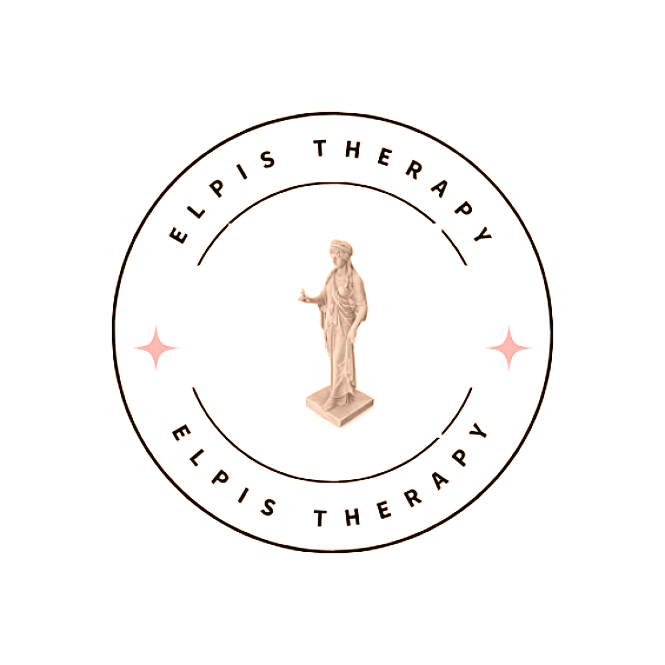Spirituality and health
In ancient and medieval times, spirituality was the cornerstone of human existence, deeply woven into every aspect of daily life. It shaped self-identity, worldview, consciousness, and sense of purpose. Spirituality guided how individuals coped with life’s challenges and nurtured their relationship with a Higher Power or divine presence. At its core, spirituality suggests that the divine resides within each of us, and that the spiritual journey is an inward path - a process of bringing the subconscious to the surface to cultivate self-awareness, personal growth, and a more liberated, authentic life.
On this inner journey, individuals often come to feel gratitude for their lived experiences, perceive the sacredness of the present moment, recognize the interconnectedness of all beings, and discover meaning - even in their pain. Many describe this process as unlocking the “secret ingredient” to healing: presence, connection, and a sense of spiritual wholeness.
With the rise of scientific literacy, empirical reasoning, and critical thinking in the 20th century, modern society experienced a shift in how reality - and selfhood - was understood. Rational inquiry, material progress, and measurable outcomes came to dominate. While these advances brought many benefits, they also contributed to growing disconnection from the inner self. In a world where productivity and material success are often prioritized, many people experience overwork, burnout, and emotional fragmentation.
In response, there has been a growing counter-movement: a resurgence of interest in holistic models of health that acknowledge the full spectrum of personhood - physical, mental, emotional, social, and spiritual. Increasingly, healthcare professionals recognize the important role spirituality plays in overall well-being and in how individuals cope with illness, grief, and adversity. Periods of emotional or physical suffering often precede spiritual awakening, prompting a deep longing to reconnect - with oneself, with others, with nature, and with the sacred.
In times of crisis or illness, many turn to spiritual practices to find hope, meaning, forgiveness, and acceptance. For some, spiritual beliefs offer solace when traditional sources of support are inaccessible or insufficient. Spirituality becomes not only a source of strength, but also a framework for understanding suffering, cultivating peace, and finding purpose.
Neuroscience research supports these lived experiences. Dr. Andrew Newberg, a leading neuroscientist in neurotheology, has found through fMRI studies that spiritual practices can alter brain function. He observed decreased activity in the parietal lobe - a region responsible for creating the sense of self in relation to the external world - during moments of spiritual awakening. This neural shift may underlie the profound sense of unity and transcendence often reported in spiritual states.
Prominent clinicians and scholars have also emphasized the role of spirituality in healing. Dr. Marsha Linehan, founder of Dialectical Behavior Therapy (DBT), openly shares how her personal battle with mental illness led her to spiritual practices. Her therapeutic approach integrates key elements of Buddhism, including mindfulness and radical acceptance, empowering individuals to release suffering and embrace compassion.
Similarly, psychiatrist and trauma specialist Dr. Frank Anderson, in his memoir, speaks about the healing power of what he calls the "Self"—a spiritual energy that manifests through inner voices, images, sensations, insights, colors, or symbols. He describes this as the deeper intelligence within us that guides healing and integration.
Dr. Lissa Rankin, in Mind Over Medicine: Scientific Proof That You Can Heal Yourself, shares her journey through the shortcomings of conventional medicine. She highlights cases in which individuals recovered from chronic or “incurable” illnesses through spiritual growth and a deepened sense of life purpose - suggesting that healing often occurs when meaning is restored.
If spirituality has not yet found a place in your personal or professional life, I invite you to consider its potential. Beyond doctrine or belief systems, spirituality is about returning to the essence of who you are - beyond roles, accomplishments, or wounds. It offers a path toward wholeness, emotional fulfillment, and inner peace.
Allow yourself to explore this dimension, to move beyond feelings of emptiness, disconnection, or dissatisfaction. Embrace spiritual abundance, and remain open to the infinite possibilities available to you.
References
Andrew Newberg and Mark Robert Waldman, How Enlightenment Changes Your Brain: The New Science of Transformation (Avery, 2016), p. 24.
Therapy Wisdom, New Dimensions of Trauma Healing: Energy, Neuroscience, and Spirituality. https://therapywisdom.com/new-dimensions-trauma-healing
Lissa Rankin, Mind Over Medicine: Scientific Proof That You Can Heal Yourself (Hay House, 2014).
